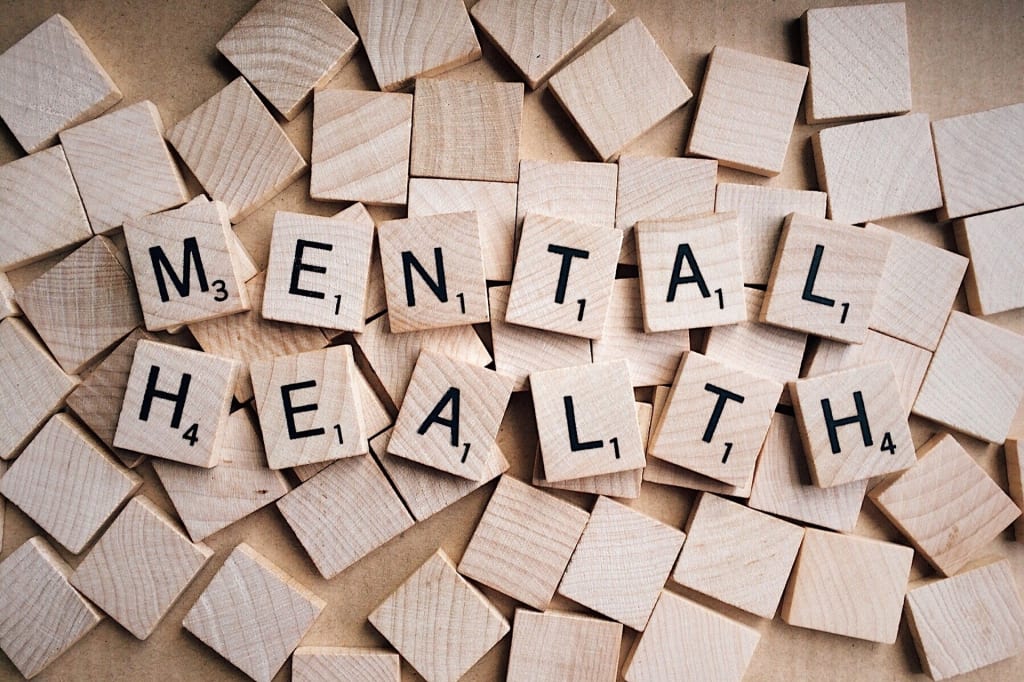Habits That Counter Mental Health
*************************************************************

In recent years, mental health has been increasingly recognized as an essential component of overall health and wellbeing. We now know that our mental health is as important as our physical health, and that the two are intimately linked. Many of us are familiar with common habits that can be detrimental to our physical health, such as smoking, a poor diet, and lack of exercise. However, there are also several habits that can counter mental health, and it is important to be aware of them in order to maintain optimal wellbeing.
In this article, we will discuss the habits that counter mental health and how to avoid them.
1) Substance abuse
Substance abuse is a common habit that has a significant impact on mental health. Alcohol and drug abuse can lead to depression, anxiety, and other mental health disorders. Substance abuse disrupts the chemical balance in the brain and can lead to addiction, which can be difficult to overcome. It is important to avoid substance abuse and seek help if needed.
2) Lack of exercise
Exercise is not only important for physical health but also for mental health. Regular exercise has been shown to reduce symptoms of depression, anxiety, and stress. Exercise releases endorphins, which are natural feel-good chemicals that improve mood and reduce stress. Aim for at least 30 minutes of exercise most days of the week.
3) Poor diet
A diet high in processed foods and sugar can have a negative impact on mental health. A diet rich in fruits, vegetables, whole grains, and lean proteins has been shown to improve mood and reduce symptoms of depression and anxiety. It is important to aim for a balanced diet and to limit intake of processed and sugary foods.
4) Lack of sleep
Getting enough quality sleep is crucial for mental health. Sleep deprivation has been linked to depression, anxiety, and other mental health disorders. It is important to establish a regular sleep routine, avoid electronic devices before bedtime, and create a sleep-conducive environment. Aim for at least 7-8 hours of sleep each night.
5) Social isolation
Humans are social creatures, and social isolation can have a significant impact on mental health. It is important to maintain connections with friends and family, even if it means finding creative ways to do so during times of social distancing. Joining clubs or groups that share similar interests can also be a great way to meet new people and develop friendships.
6) Negative thinking patterns
Negative thinking patterns can be detrimental to mental health. It is important to recognize negative thoughts and replace them with positive ones. This can be done by practicing gratitude, focusing on solutions rather than problems, and challenging negative thoughts.
7) Lack of self-care
Self-care is an essential component of mental health. It is important to take time for oneself, engage in activities that bring joy and relaxation, and practice stress-reducing techniques such as meditation and deep breathing.
8) Stress
Stress is a common part of life, but excessive stress can have a negative impact on mental health. It is important to manage stress through healthy coping mechanisms such as exercise, relaxation techniques, and seeking support from friends and family.
9) Perfectionism
Perfectionism can be detrimental to mental health. It is important to recognize that perfection is not attainable and to focus on progress rather than perfection. Setting realistic goals and celebrating small successes can help to build confidence and reduce stress.
10) Lack of boundaries
A lack of boundaries can lead to stress, burnout, and mental health issues. It is important to establish healthy boundaries in all areas of life, including work, relationships, and social activities. This may involve saying no to certain requests or activities, prioritizing self-care, and learning to communicate assertively.
In conclusion, there are several habits that counter mental health problems, and it is important to be aware of them in order to maintain optimal wellbeing. By practicing healthy habits such as avoiding substance abuse, exercising regularly, eating a balanced diet, getting enough sleep, maintaining social connections, challenging negative thinking patterns, and by practicing self-care.
About the Creator
Shaheer Khan
A passionate writer <3






Comments
There are no comments for this story
Be the first to respond and start the conversation.